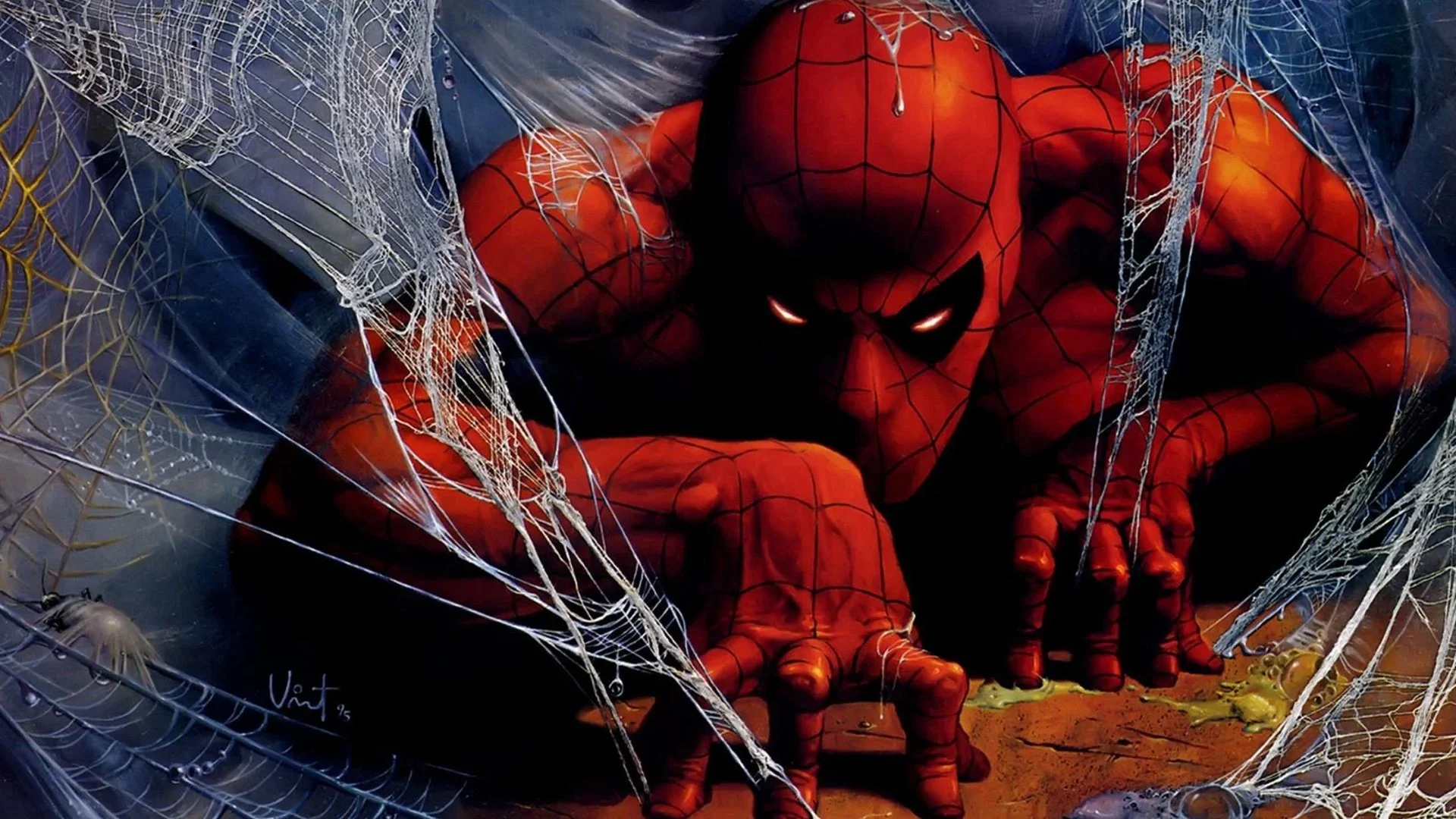James Cameron Talks About the SPIDER-MAN Project He Refers to as "the Greatest Movie I Never Made"
Academy Award-winning director James Cameron has brought us a long list of classic movies like the Alien films, Terminator 2: Judgement Day, Titanic, Avatar, and many more, but even such an accomplished director has one that got away. Cameron recently spoke about the missed opportunity in his recent book, Tech Noir: The Art of James Cameron.
He explained that between Terminator 2: Judgment Day and Titanic, he spent several years trying to get a Spider-Man movie off the ground. There’s not much that a studio would say no to these days if they were asked by James Cameron, but back then, he was still starting out, and the world had not been introduced to the quality superhero movies we know now.
Cameron called the Spider-Man project “the greatest movie I never made,” and when asked about it by ScreenCrush, he explained:
“I think it would’ve been very different. I didn’t make a move without asking [Stan Lee] permission. The first thing you’ve got to get your mind around, is it’s not Spider-Man. He goes by Spider-Man, but he’s not Spider-Man. He’s Spider-Kid. He’s Spider-High-School-Kid. He’s kind of geeky and nobody notices him and he’s socially unpopular and all that stuff.”
ScreenCrush reported that with that in mind, Cameron saw Spider-Man as “a great metaphor,” with his superpowers representing “that untapped reservoir of potential that people have that they don’t recognize in themselves. And it was also in my mind a metaphor for puberty and all the changes to your body, your anxieties about society, about society’s expectations, your relationships with your gender of choice that you’re attracted to, all those things.”
That’s how Cameron came to suggest a huge change to Spider-Man: Switching his web-shooters from technology that Peter Parker invents to a biological power he gains after getting bitten by the radioactive spider. He said:
“Going with the biological web shooters as being part of his biological adaptation to the radioactive spider bite made sense to me.”
Stan Lee agreed, and while Cameron never made his Spider-film, that idea wound up in Sam Raimi’s Spider-Man (and later in the pages of The Amazing Spider-Man comics as well). While Raimi’s movie did use that particular idea, Cameron said his Spider-Man would have still looked very different than the web-slingers that have made it to the big screen so far.
“I wanted to make something that had a kind of gritty reality to it. Superheroes in general always came off as kind of fanciful to me, and I wanted to do something that would have been more in the vein of Terminator and Aliens, that you buy into the reality right away. So you’re in a real world, you’re not in some mythical Gotham City. Or Superman and the Daily Planet and all that sort of thing, where it always felt very kind of metaphorical and fairytale-like. I wanted it to be: It’s New York. It’s now. A guy gets bitten by a spider. He turns into this kid with these powers and he has this fantasy of being Spider-Man, and he makes this suit and it’s terrible, and then he has to improve the suit, and his big problem is the damn suit. Things like that. I wanted to ground it in reality and ground it in universal human experience. I think it would have been a fun film to make.”
Unfortunately, Cameron never got the chance. In the 1980s, Marvel had sold the rights to make a Spider-Man movie to the low-budget studio Cannon Films. When Cannon went under, Cameron convinced Carolco, the studio behind Terminator 2, the buy the rights to Spider-Man for him, but then they also went bankrupt before he could get the movie off the ground.
Cameron continued:
“All of a sudden it was a free ball. I tried to get Fox to buy it, but apparently the rights were a little bit clouded and Sony had some very questionable attachment to the rights and Fox wouldn’t go to bat for it. [Former Fox President] Peter Chernin just wouldn’t go to bat for it. He didn’t want to get into a legal fight over. And I’m like ‘Are you kidding? This thing could be worth, I don’t know, a billion dollars!’ $10 billion later...”
Fox’s decided not to go after the rights, and that was the end of James Cameron’s Spider-Man. But the director now says that this fork in the road taught him a valuable lesson.
“I made a decision after Titanic to just kind of move on and do my own things and not labor in the house of others’ IP. So I think [Spider-Man not coming together] was probably the kick in the ass that I needed to just go make my own stuff.”
I think it’s too bad that we never got to see James Cameron’s Spider-Man realized. I bet it would have been pretty good.
Tech Noir: The Art of James Cameron goes on sale on December 14.
